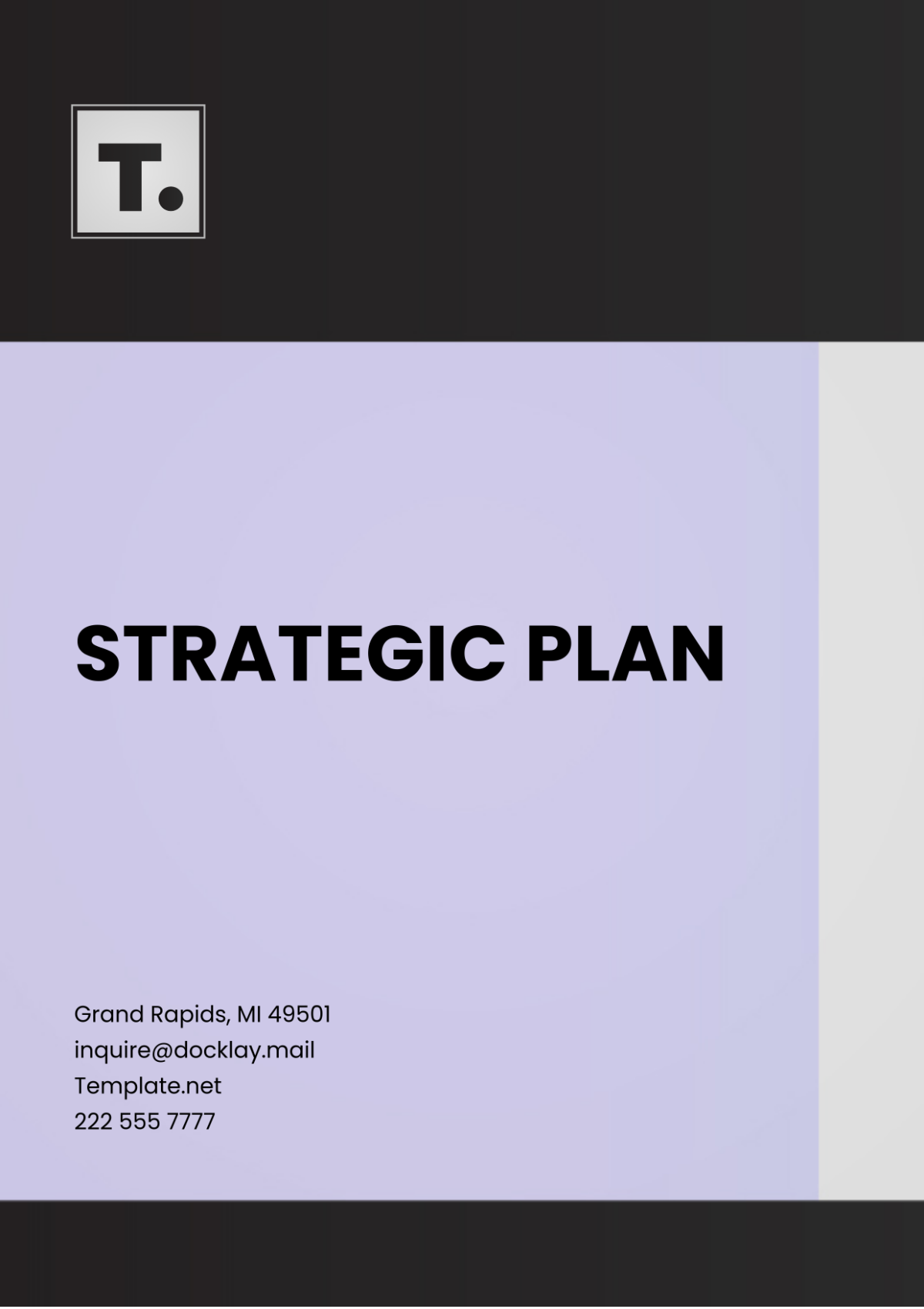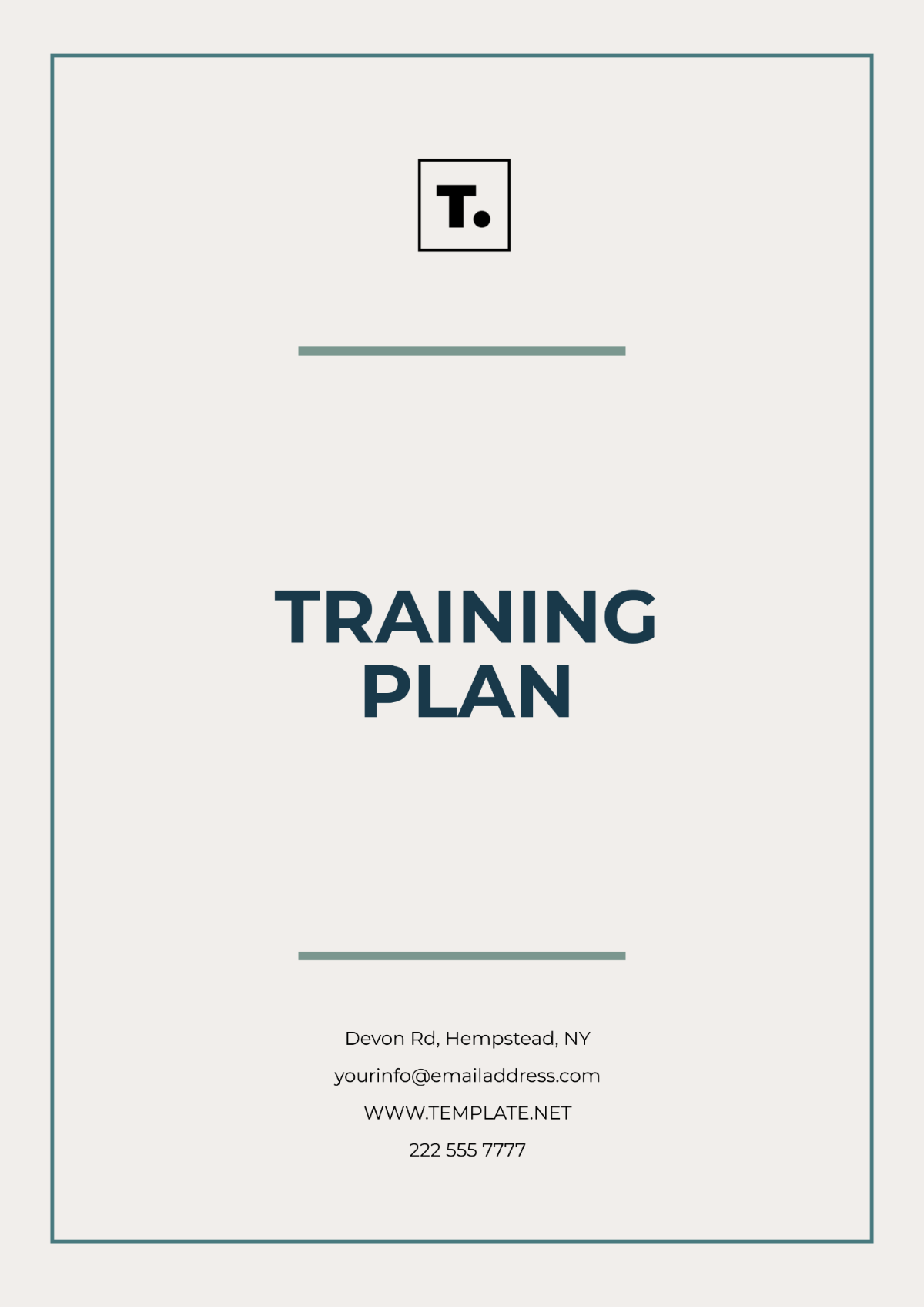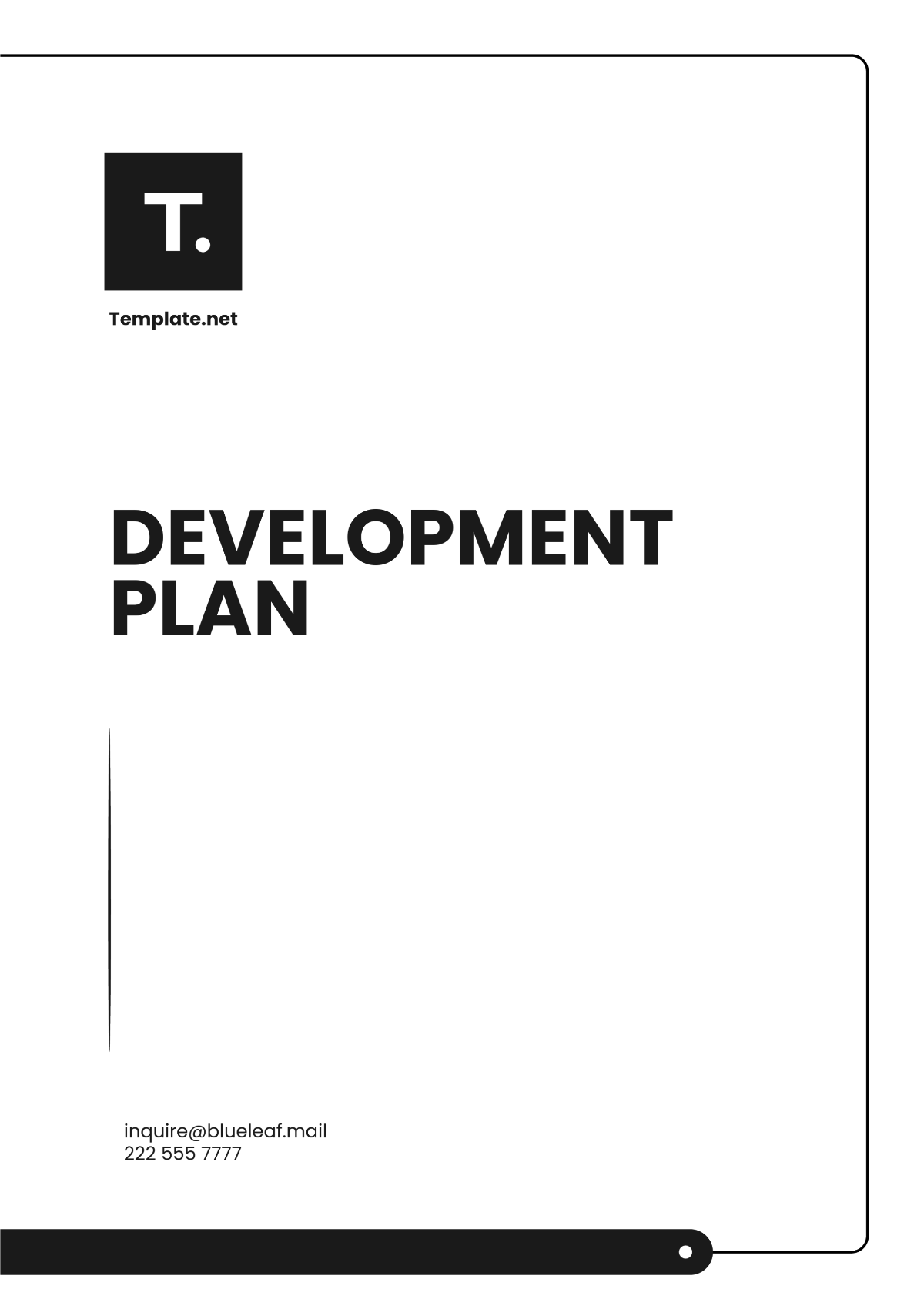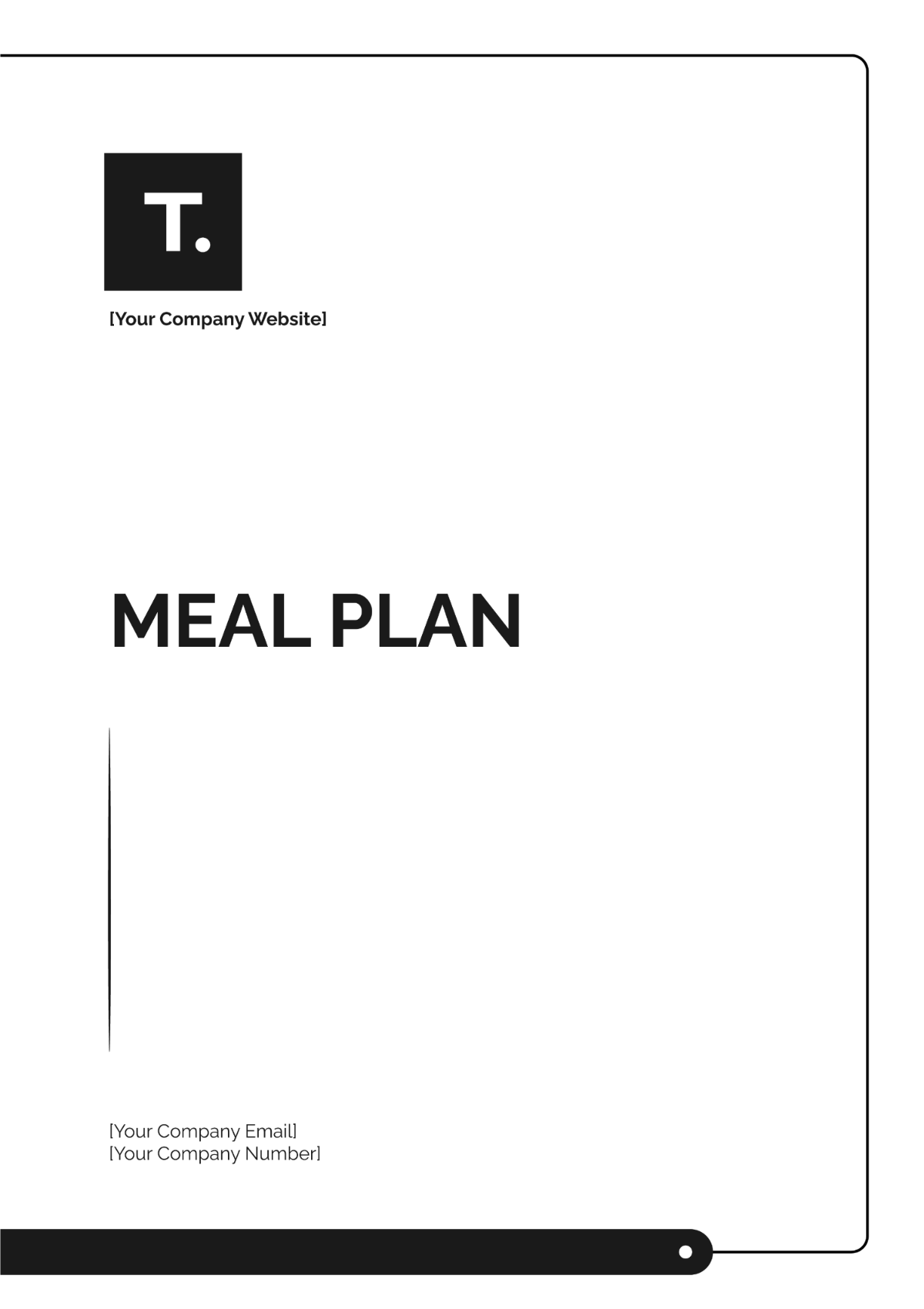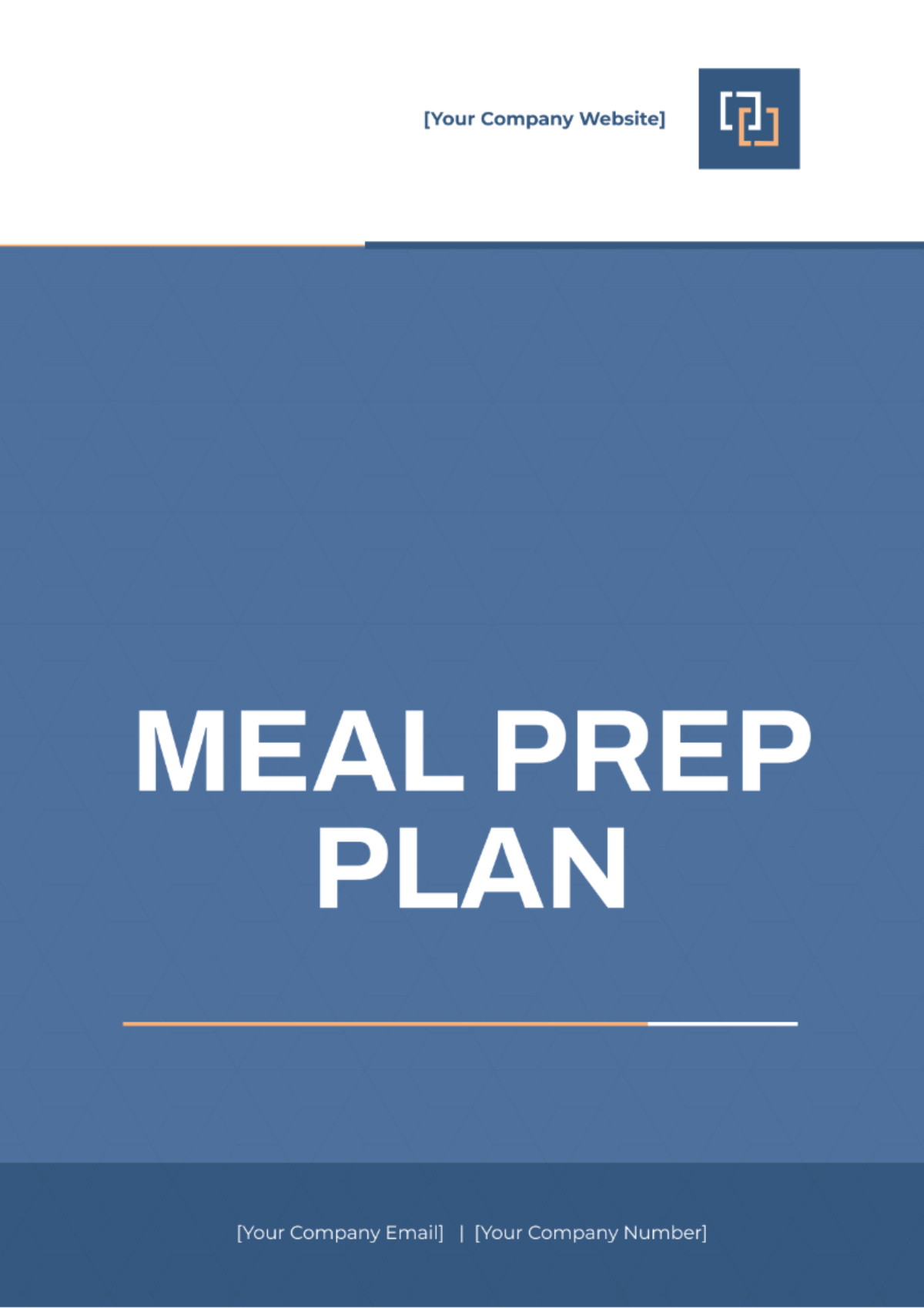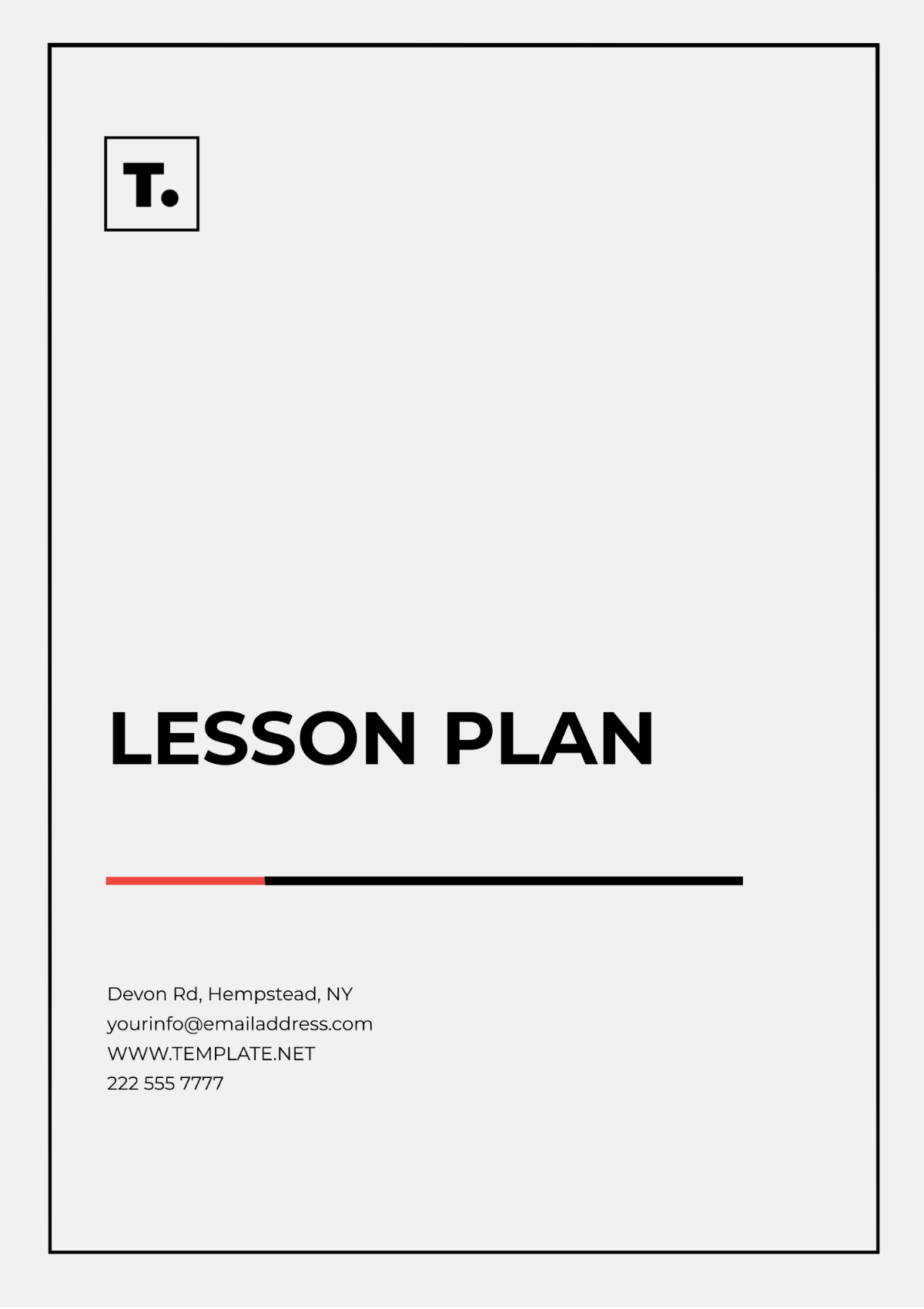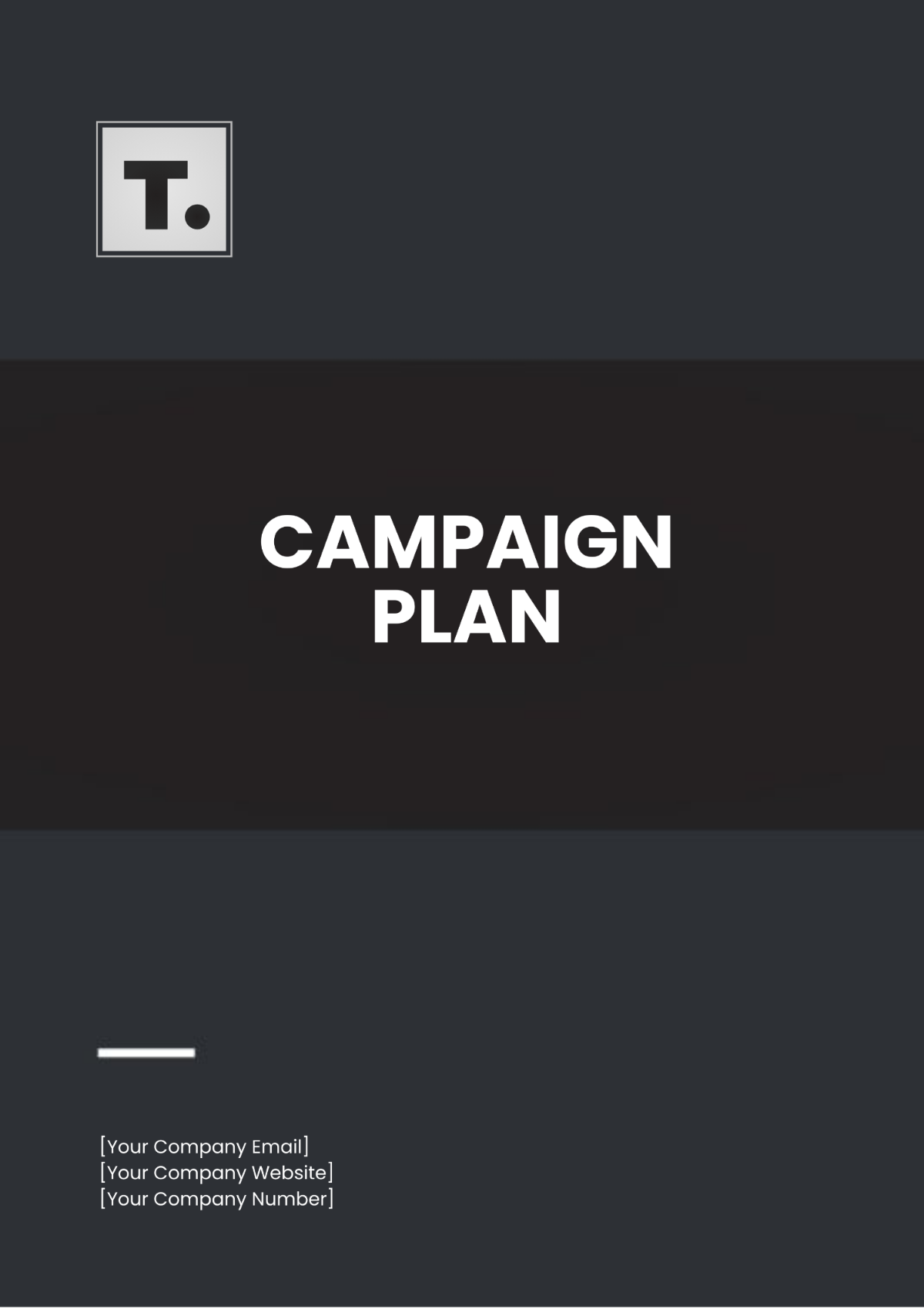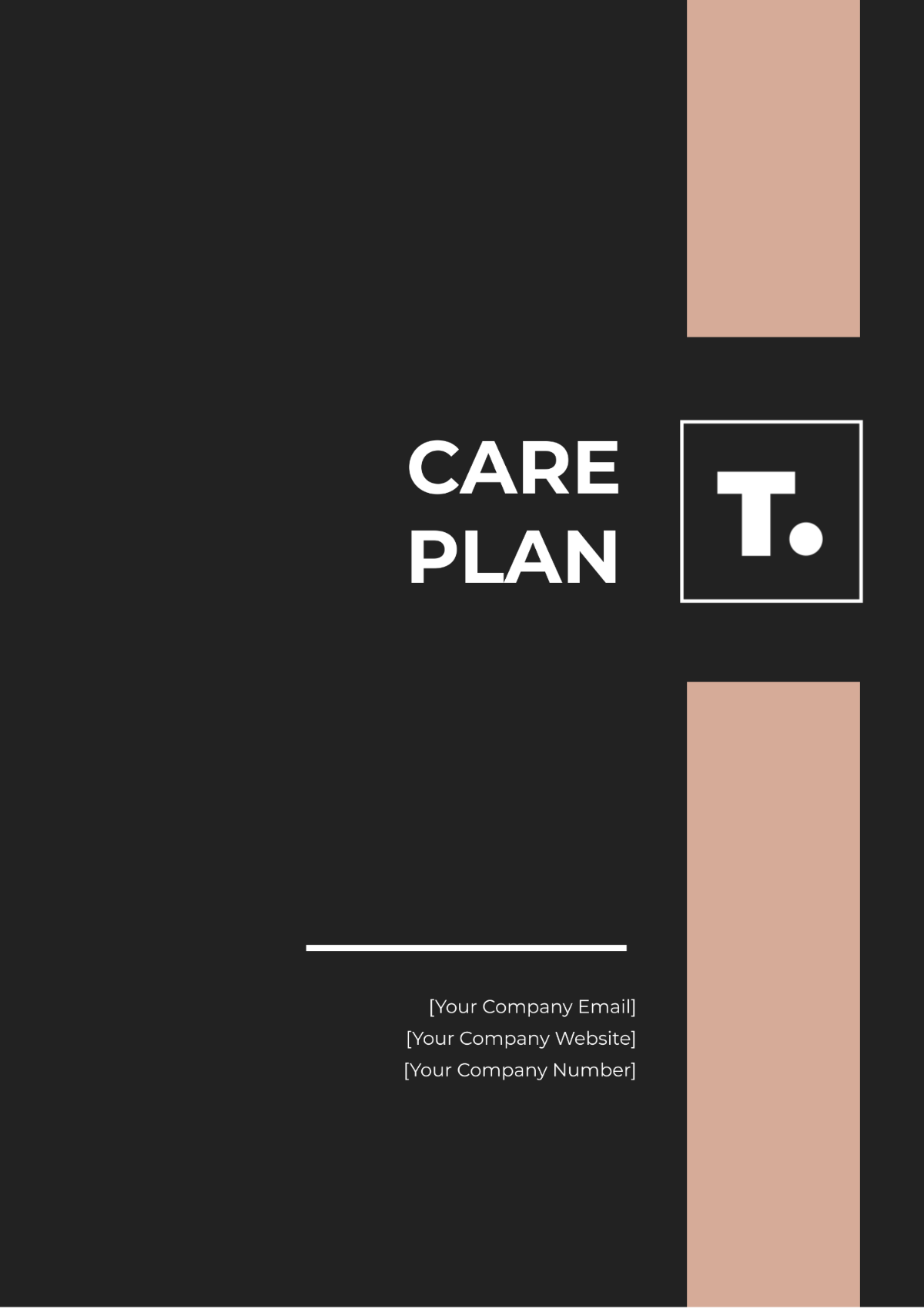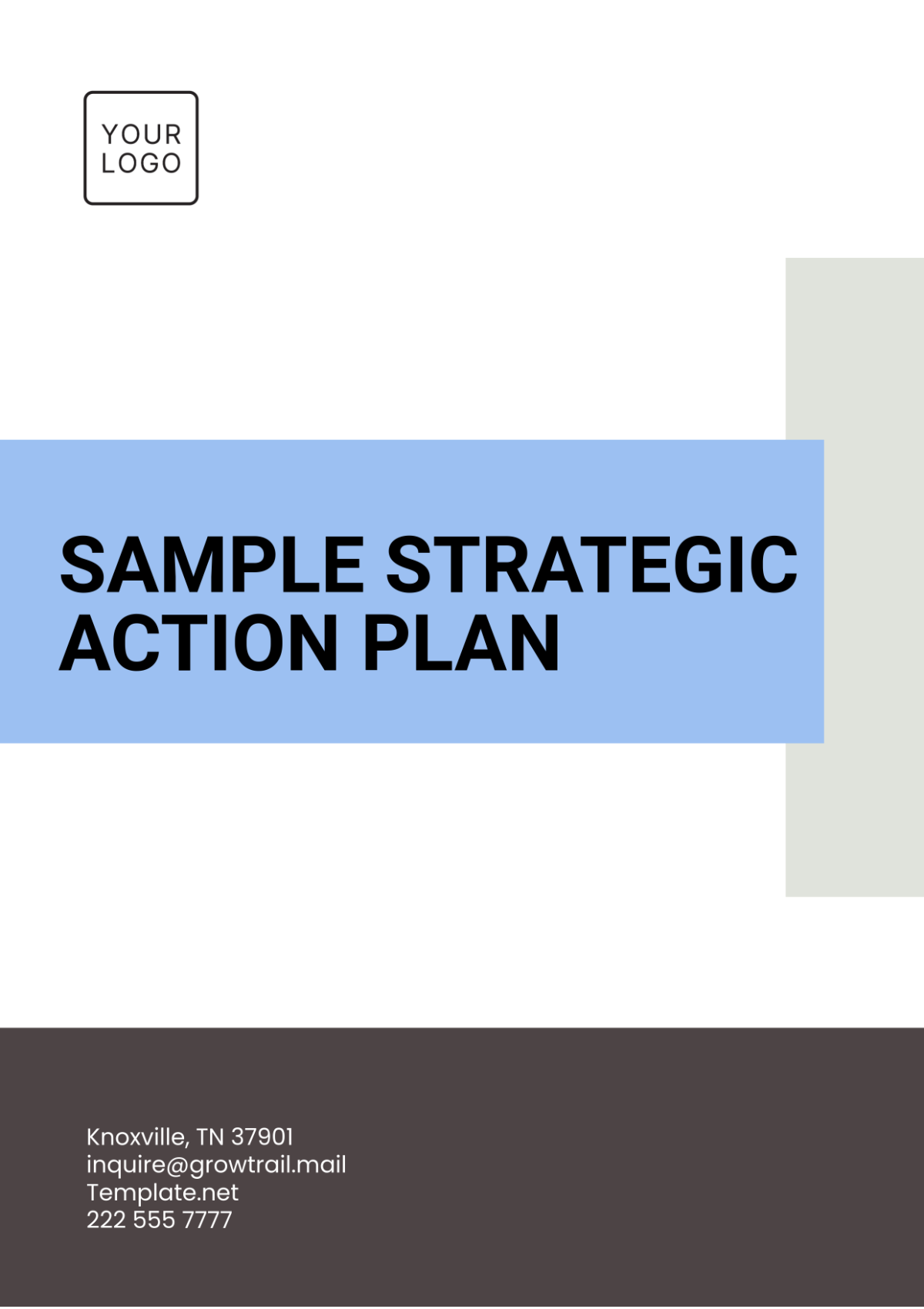Course Plan
I. Course Information
Course Title | Introduction to Digital Marketing |
Instructor | [Your Name] |
Course Code | DMKT 101 |
Level | Undergraduate |
Course Description | This course provides an introduction to the fundamentals of digital marketing, covering key areas such as SEO, social media marketing, email marketing, and online advertising. Students will learn to develop and implement digital marketing strategies, analyze performance metrics, and optimize campaigns. The course prepares students for more advanced studies in marketing and equips them with practical skills for the digital economy. |
Prerequisites | None |
Course Duration | 12 Weeks (October 2050 - December 2050) |
Class Schedule | Tuesdays and Thursdays - 2:00 PM to 4:00 PM |
Location | Online via [Your Company Website] |
II. Course Objectives
By the end of this course, students will be able to:
Understand the fundamentals of digital marketing and its importance in the modern business landscape.
Develop and implement basic digital marketing strategies.
Utilize SEO techniques to improve website visibility on search engines.
Create and manage effective social media marketing campaigns.
Analyze digital marketing performance using various tools and metrics.
Prepare for more advanced studies in digital marketing and related fields.
III. Course Content and Schedule
Week | Module/Topic | Description | Assignments/Activities |
|---|---|---|---|
Week 1 | Introduction to Digital Marketing | Overview of digital marketing, its evolution, and key concepts. | Reading: Chapter 1 |
Week 2 | Search Engine Optimization (SEO) Basics | Introduction to SEO, keyword research, and on-page optimization techniques. | Quiz 1: SEO Terminology |
Week 3 | Content Marketing Strategies | Creating valuable content, content planning, and blogging best practices. | Assignment 1: Blog Post Draft |
Week 4 | Social Media Marketing | Overview of major social media platforms, content strategies, and campaign management. | Project: Social Media Strategy |
Week 5 | Email Marketing Fundamentals | Building an email list, creating email campaigns, and measuring success. | Activity: Email Campaign Design |
Week 6 | Online Advertising: PPC & Display Ads | Basics of online advertising, pay-per-click (PPC) campaigns, and display advertising. | Quiz 2: PPC Concepts |
Week 7 | Analytics and Data Interpretation | Introduction to Google Analytics and other tools for tracking and analyzing digital marketing performance. | Assignment 2: Analytics Report |
Week 8 | Conversion Rate Optimization (CRO) | Techniques to optimize website conversion rates, A/B testing, and user experience (UX) enhancements. | Activity: CRO Case Study |
Week 9 | Digital Marketing Ethics and Privacy | Understanding legal and ethical considerations in digital marketing, including GDPR and data protection. | Discussion: Ethics in Marketing |
Week 10 | Integrating Digital Marketing Channels | How to create cohesive marketing campaigns by integrating different digital channels. | Assignment 3: Campaign Plan |
Week 11 | Future Trends in Digital Marketing | Exploring emerging trends such as AI in marketing, voice search, and virtual reality. | Reading: Future Trends Article |
Week 12 | Course Review and Final Project | Review of course material and completion of a final project integrating all learned concepts. | Final Project: Marketing Campaign |
IV. Assessment and Grading
Assessment Type | Description | Weight |
|---|---|---|
Quizzes | Short quizzes to assess understanding of key concepts. | 20% |
Assignments | Weekly assignments to apply the concepts learned in practical scenarios. | 30% |
Project | Mid-term project involving the creation of a social media strategy or similar task. | 20% |
Final Project | Comprehensive final project that integrates all course material into a cohesive digital marketing campaign. | 30% |
V. Required Materials
Material Type | Details |
|---|---|
Textbook | Digital Marketing Essentials by John Smith, Published by XYZ Publishing, 2050. |
Software | Access to Google Analytics, SEMrush, and [Your School's Learning Management System]. |
Online Resources | Access to [Your School's Online Library] for additional readings and case studies. |
VI. Course Policies
Policy | Details |
|---|---|
Attendance | Students are expected to attend all online classes and participate in discussions. More than two unexcused absences may result in a lower grade. |
Assignment Submission | Assignments must be submitted via [Your School's Learning Management System] by the due date. Late submissions will incur a 10% penalty per day. |
Participation | Active participation in class discussions and online forums is expected and will contribute to the final grade. |
Academic Integrity | Students must adhere to the school's academic honesty policy. Plagiarism and cheating will not be tolerated and may result in disciplinary action. |
VII. Communication and Support
Type | Details |
|---|---|
Instructor Availability | Instructor is available for consultations during office hours and by appointment. Email responses within 24 hours. |
Technical Support | For technical issues, contact [Your School's IT Support] at [IT Support Email] or call [IT Support Phone Number]. |
Peer Collaboration | Students are encouraged to collaborate with peers through group projects and study sessions organized via the online platform. |
VIII. Additional Resources
Resource | Details |
|---|---|
Supplementary Readings | Additional articles, case studies, and eBooks available on [Your Company Website]. |
Workshops | Optional workshops on advanced topics such as social media analytics and video marketing. Registration required. |
Career Services | Access to [Your School's Career Center] for career counseling and internship opportunities in digital marketing. |
IX. Final Notes
Ensure you have reliable internet access for online classes and assignments.
Participation in discussions and group activities is essential for success in this course.
Keep track of deadlines and manage your time effectively to complete assignments and projects.


